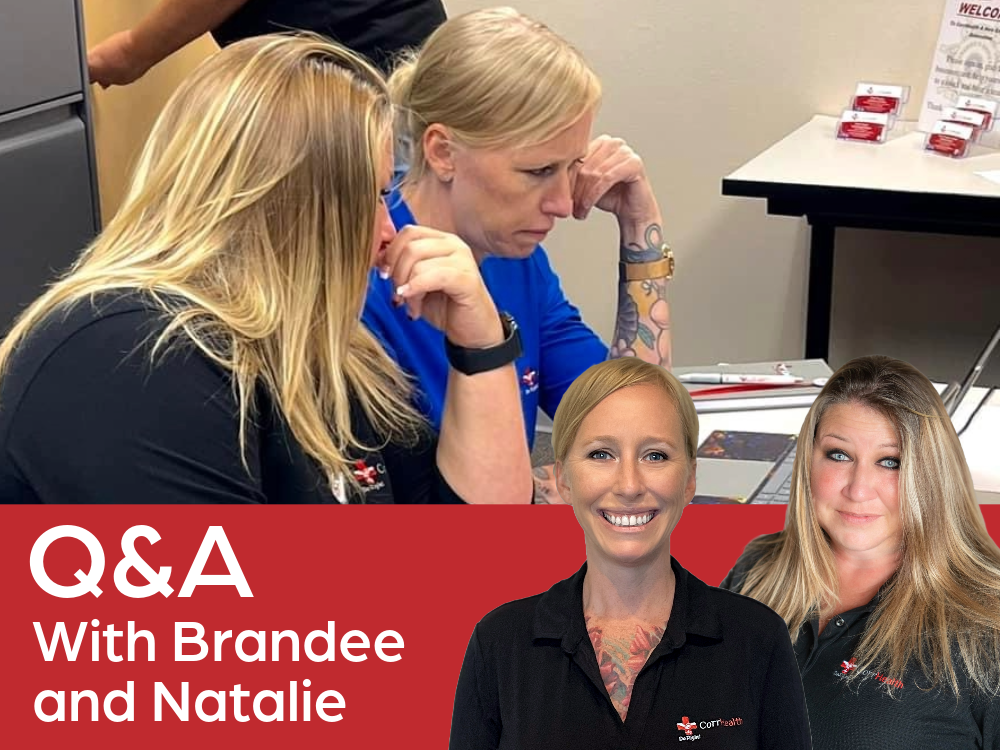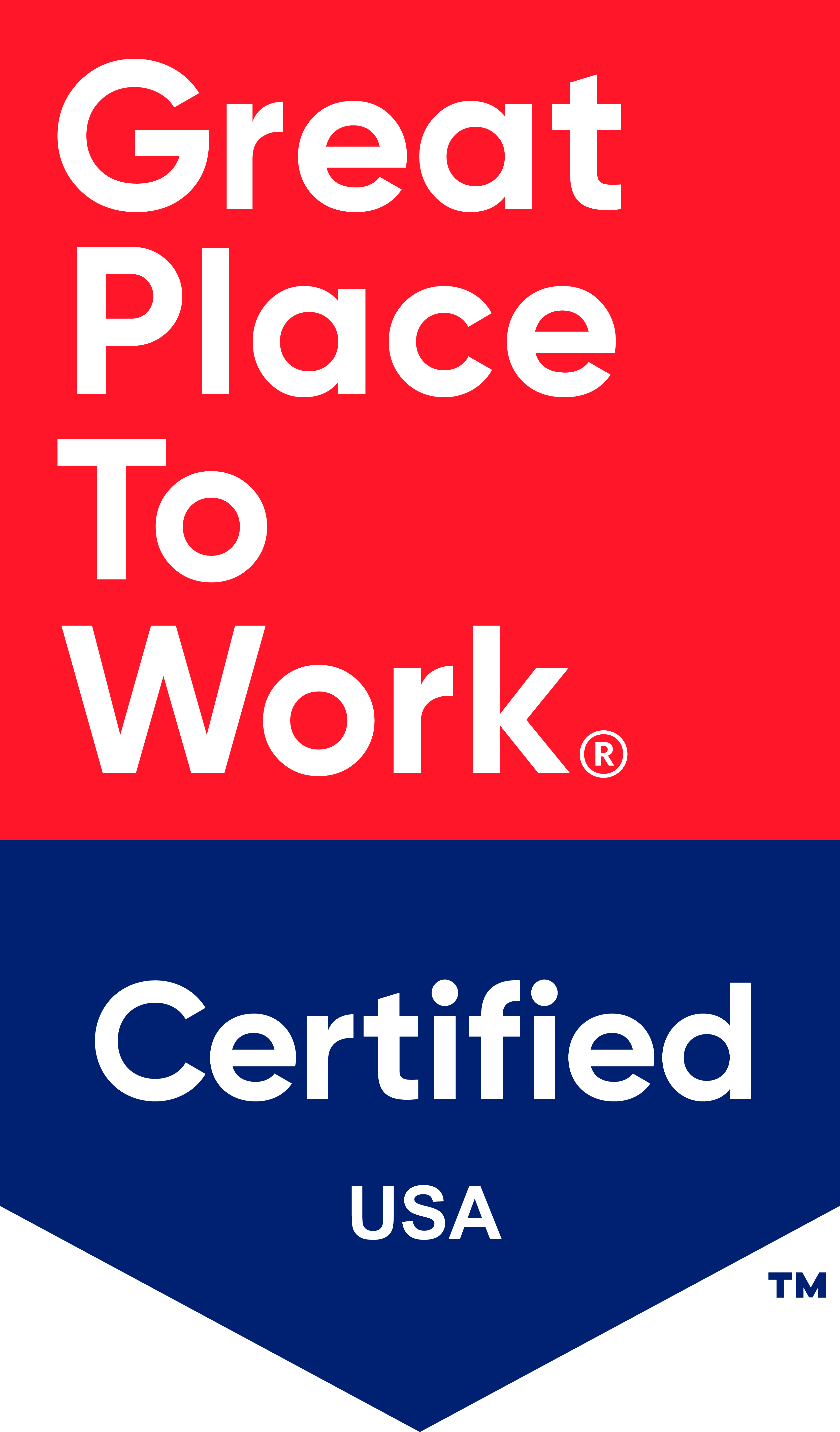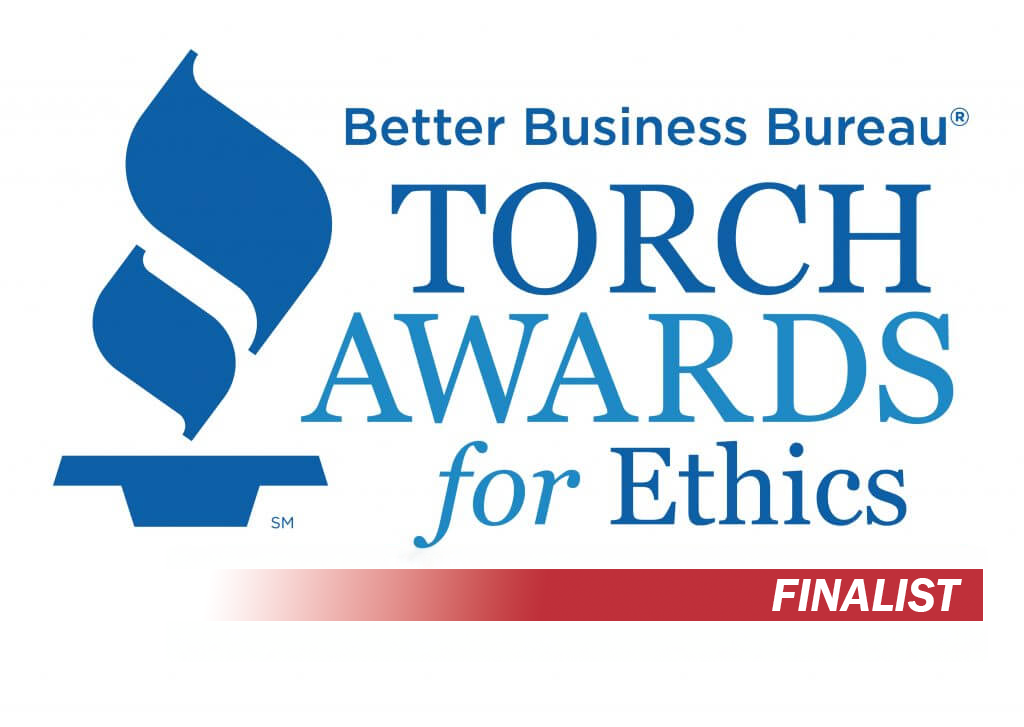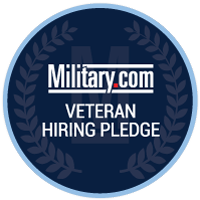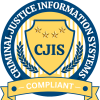Brandee Winckel and Natalie Sorenson serve multiple facilities as Regional Managers for CorrHealth. Brandee oversees Colorado, New Mexico, and Wyoming and Natalie has all of Texas. Both have impressive experience and credentials which is why their insights are so important to our success. Read on to see how our ‘Do Right’ spirit is reflected in their responses here.
- What has been the most exciting aspect of your role as a Regional?
Brandee: I enjoy traveling to the different places and facilities and working with amazing HSA’s (that we are lucky to have).
Natalie: The most exciting aspect of my role as a Regional is the ability to experience the differences in each jail and navigating the variables each jail presents. I cover the entire state of Texas from northwest to southeast, and each jail has a very specific type of patient and a specific way to best serve the patients. The partnership between the county, the community, the jail staff, and our CorrHealth staff is unique to each location.
- How can we best impact the needs of our counties and the communities we serve?
Brandee: Listen to the needs of the counties, when issues arise solve them in a way that best serves the county and in a timely manner. Join in on community fundraisers and outreach programs.
Natalie: The best way to impact the needs of the counties and communities is to be malleable and willing to adapt to the changes (or lack of changes) that occur. Laws change, community focus shifts, and priorities within institutions change, so healthcare and the way we treat our partners, and their communities is always needing to adjust.
- Dogs or Cats?
Natalie: Dogs forever because I don’t need the kind of judgement in my life that cats bring.
Brandee: Dogs, because they are loyal and always happy to see you.
- What’s the number one thing that you feel Nursing and Medical School candidates misunderstand about correctional health?
Brandee: I feel Nursing and Medical School candidates misunderstand the level of safety that is provided inside the facility when in reality correction facilities are much safer to work in than hospitals or clinics.
Natalie: I feel there is a misconception of a lack of clinical diversity of the healthcare needs that this population presents. I think there is a hesitation in taking care of an institutionalized patient population due to safety or stigma, but it’s actually an incredibly open and curious set of patients who often times have not been given the opportunity to ask questions about their health. Coming from an emergency room background, I see similar, if not more acute, patients in the jails than I did in the ER.
- What skills and experience does the ideal correctional healthcare nurse possess?
Brandee: Correctional healthcare develops clinical and assessment skills. It is the best way to develop your clinical judgement and to gain knowledge in multiple different specialty areas of nursing.
Natalie: Most important skill is a willingness to learn and adjust to the different types of patients that present themselves. The ideal correctional healthcare nurse possesses the ability to understand chronic disease and how affected a patient is by clinical inaction. Self-awareness, humility, and understanding are also important in this field.
- How do you start your day? What keeps you going?
Natalie: I start the day by playing Wordle and having a cup of coffee to map out what I need to do for the day. What keeps me going is the sense of accomplishment I want to achieve by supporting my sites, participating in meaningful process and policy discussions, and seeing our sites continue to provide exceptional patient care.
Brandee: I start my day by answering emails and solving any problems that might have come up overnight at multiple facilities. I have amazing HSA’s and staff at all my sites. They are what keep me going, if it were not for them I would not be able to do my job!

